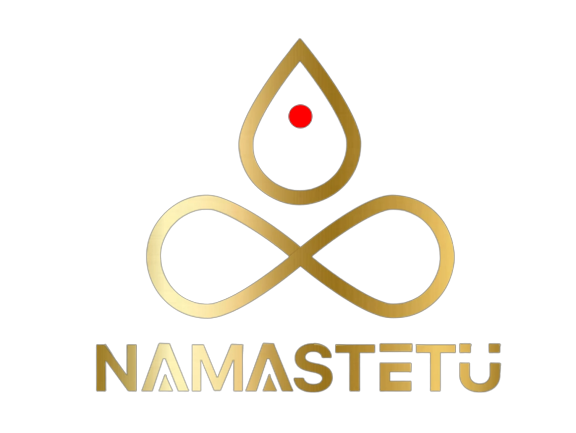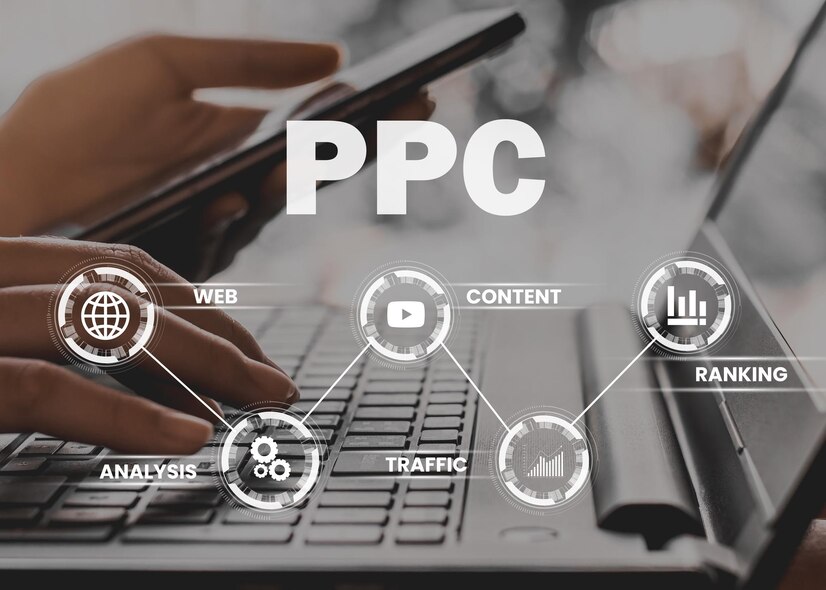Understanding key metrics and strategies is essential for effective campaign management. Two important concepts often discussed are CPC (Cost Per Click) and PPC (Pay Per Click). Though they sound similar, they represent different aspects of online advertising. This article aims to clarify the differences between CPC and PPC, their roles in marketing, and how they can be leveraged to optimize your digital marketing efforts.
What is CPC?
CPC (Cost Per Click) refers to a pricing model used in online advertising where advertisers pay a certain amount each time a user clicks on their ad. CPC is a crucial metric in determining the efficiency and cost-effectiveness of an advertising campaign. It allows businesses to manage their budget based on the number of clicks their ads generate.
How CPC Works:
- Bidding: Advertisers bid on keywords relevant to their business. The cost per click is determined by the competition for those keywords and the quality of the ads.
- Ad Auction: When a user searches for a keyword, an auction takes place to determine which ads will appear. The CPC is influenced by the ad’s quality score and the bid amount.
- Pay Per Click: Advertisers pay each time a user clicks on their ad, regardless of whether a purchase or conversion occurs.
Benefits of CPC:
- Control Over Budget: Advertisers can set a maximum CPC, ensuring they stay within their budget.
- Performance Tracking: CPC allows for detailed tracking of ad performance, making it easier to assess the return on investment (ROI).
- Targeted Advertising: By bidding on specific keywords, businesses can target their ads to a relevant audience.
What is PPC?
PPC (Pay Per Click) is a broader term encompassing various advertising models where advertisers pay each time their ad is clicked. CPC is a specific type of PPC model, but PPC can also include other models like CPM (Cost Per Thousand Impressions) and CPA (Cost Per Acquisition).
How PPC Works:
- Ad Platforms: PPC ads can appear on search engines, social media platforms, and other websites. Each platform may use different PPC models and bidding systems.
- Bidding Strategies: Advertisers set bids for their ads based on their desired CPC or other PPC metrics. The bid amount, along with ad relevance and quality, influences ad placement.
- Cost Calculation: In PPC advertising, the cost is calculated based on the specific model in use, such as CPC, CPM, or CPA.
Benefits of PPC:
- Immediate Results: PPC campaigns can generate traffic and leads quickly compared to organic methods.
- Flexible Budgeting: Advertisers can adjust their budget and bidding strategies in real-time.
- Detailed Analytics: PPC platforms provide comprehensive data on ad performance, allowing for precise optimization.
CPC vs. PPC: Key Differences
While CPC and PPC are related, they have distinct differences:
Scope:
-
- CPC is a specific metric within the broader PPC advertising model.
- PPC encompasses various payment models, including CPC, CPM, and CPA.
Payment Structure:
-
- CPC involves paying for each click on an ad.
- PPC can involve different payment structures depending on the chosen model (e.g., paying for impressions, clicks, or acquisitions).
Usage:
-
- CPC is often used in search engine advertising and is a key component of many PPC campaigns.
- PPC can include a range of advertising formats and platforms, including display ads, social media ads, and search ads.
How CPC and PPC Fit into Digital Marketing Strategies
Search Engine Advertising:
-
- CPC is a common model in search engine advertising, where businesses bid on keywords to appear in search results.
- PPC campaigns in search engine advertising use CPC to drive targeted traffic to websites.
njnj
Social Media Advertising:
-
- PPC on social media platforms often involves bidding on placements and targeting options.
- Some social media platforms offer CPC as a payment option, allowing businesses to pay for clicks on their ads.
Display Advertising:
-
- PPC in display advertising can involve models like CPM (cost per thousand impressions) or CPC.
- Advertisers choose the model that aligns with their campaign goals, whether it’s generating clicks or increasing brand visibility.
Affiliate Marketing:
-
- PPC in affiliate marketing can include various payment models, including CPC and CPA (cost per acquisition).
- Affiliates earn commissions based on the chosen model, and businesses pay based on clicks or conversions.
Best Practices for Managing CPC and PPC Campaigns
Keyword Research:
-
- Conduct thorough keyword research to identify relevant terms for your CPC campaigns.
- Use tools like Google Keyword Planner to find keywords with high search volume and low competition.
Ad Quality:
-
- Create compelling and relevant ad copy to improve your Quality Score and reduce CPC.
- A higher Quality Score can lower the cost of each click and improve ad placement.
Landing Page Optimization:
-
- Ensure your landing pages are optimized for conversions and provide a seamless user experience.
- A well-designed landing page can improve your campaign’s ROI by increasing the likelihood of conversions.
Bid Management:
-
- Regularly monitor and adjust your bids to stay competitive and manage costs effectively.
- Use automated bidding strategies to optimize your bids based on performance data.
Performance Tracking:
-
- Track key metrics such as CPC, click-through rate (CTR), conversion rate, and ROI.
- Use analytics tools to gain insights into campaign performance and make data-driven decisions.
Conclusion
Understanding the differences between CPC and PPC is crucial for developing effective digital marketing strategies. While CPC is a specific model within the broader PPC framework, both play significant roles in driving targeted traffic and managing advertising costs. By leveraging these concepts and applying best practices, you can optimize your online advertising efforts and achieve better results.
For expert assistance with your CPC and PPC campaigns, look no further than Namastetu Technology, Dubai. Our team of digital marketing professionals is dedicated to helping businesses like yours succeed in the competitive online landscape. Contact us today to explore how we can enhance your PPC strategies and drive measurable growth for your business.
FAQs
Q.What is the main difference between CPC and PPC?
CPC (Cost Per Click) is a specific type of PPC (Pay Per Click) advertising model where advertisers pay each time their ad is clicked. PPC encompasses various payment models, including CPC, CPM (Cost Per Thousand Impressions), and CPA (Cost Per Acquisition).
Q.How can Namastetu Technology, Dubai, help with CPC and PPC campaigns?
Namastetu Technology, Dubai, offers comprehensive PPC management services, including CPC campaign optimization. They provide keyword research, ad creation, bid management, and performance tracking to ensure your campaigns are cost-effective and generate the best possible results.
Q.What are some effective strategies for lowering CPC in my PPC campaigns?
To lower CPC in your PPC campaigns, focus on improving your ad quality, optimizing landing pages, and conducting thorough keyword research. Namastetu Technology, Dubai, can assist with these strategies to help reduce your CPC and improve your campaign ROI.
Q.How does Namastetu Technology, Dubai, ensure the success of PPC campaigns?
Namastetu Technology, Dubai, ensures the success of PPC campaigns by utilizing data-driven strategies, including detailed performance tracking, bid management, and ad optimization. Their team of experts analyzes campaign metrics to continually refine and enhance your PPC efforts.
Q.What should I consider when choosing between CPC and other PPC models?
When choosing between CPC and other PPC models, consider your campaign goals and budget. CPC is ideal for driving targeted traffic and managing costs per click, while models like CPM or CPA may be more suitable for brand awareness or conversion-focused campaigns. Namastetu Technology, Dubai, can help you select the best model based on your specific needs.
Unlock the full potential of your digital marketing with expert CPC and PPC management from Namastetu Technology, Dubai. Contact us today for tailored strategies that drive results and optimize your advertising spend!




